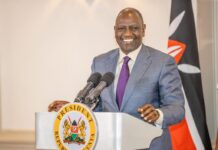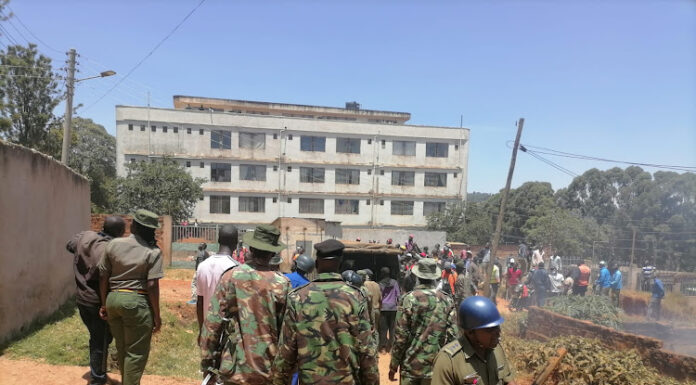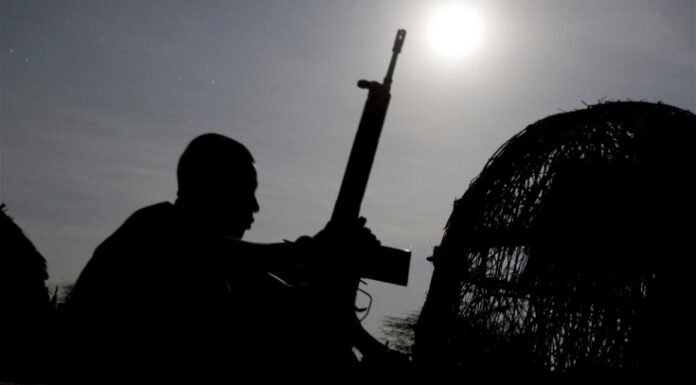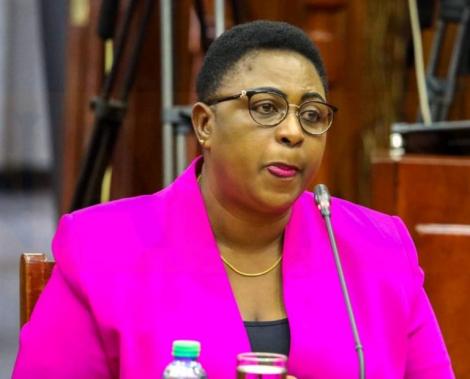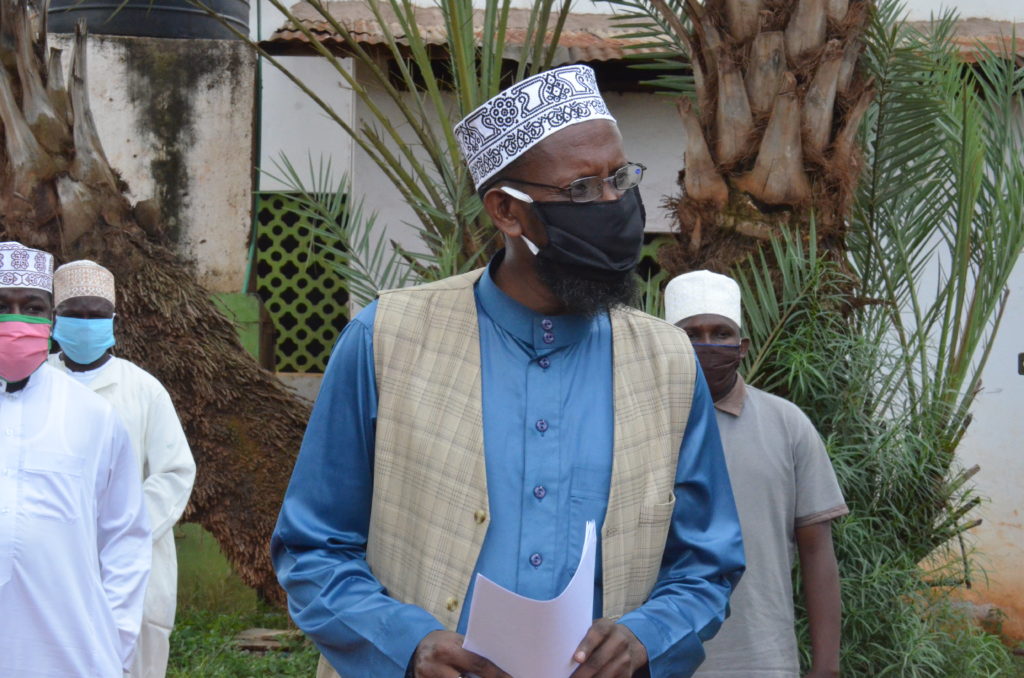
Council of Imams and Preachers of Kenya (CIPK) has asked the government for an extension of the curfew from 7pm to 9pm to allow the Muslim community in Kenya to observe the dictates of Ramadhan with minimum hustles.
CIPK chair in Taita-Taveta County Sheikh Abdulazziz Noor said since Covid-19 was reported in Kenya, the disease had wreaked havoc on Muslims’ way of life.
He said the disruption included stoppage of communal prayers, banning of gathering in mosques for religious sessions and cancellations of religious events after the government ordered all mosques closed as part of halting the spread of coronavirus.
Speaking to KNA in Mwatate town on Thursday, the cleric stated that the Muslim community remained deeply committed to observing all government directives that would aid in defeating the spread of coronavirus.
He however noted that as Ramadhan period neared, CIPK and other Muslim leaders were making a special appeal to the government to extend the curfew deadline by two hours to allow Muslim faithful to practice the mandatory penance including feeding the hungry at the end of the day. The Ramadhan starts on the evening of 23rd April and ends on the eve of May 23.
“We are not asking for the curfew to be lifted. We only want it extended to give us an opportunity to feed those amongst us who are less fortunate and do not have food in their homes,” he explained.
He added that because congregating in mosques remained outlawed, the government should also allow the Imams to use public address systems in mosques to give Ramadhan homilies to the worshippers in their homes.
This, he noted, would ensure the religious teachings would reach the Members of the Muslim community without violating the law by coming to the mosques for worship.
Noor further admitted that most Imams and Madrassa teachers were having a tough time after the closure of mosques and Madrassas as they relied on income from classes and mosques for survival.
He appealed to the government to allocate some money to keep them going as the country battled coronavirus.
“They used to earn a living from teaching religious classes. Now that the classes are no more, the government should consider giving these teachers some small stipend for their upkeep,” he said.


